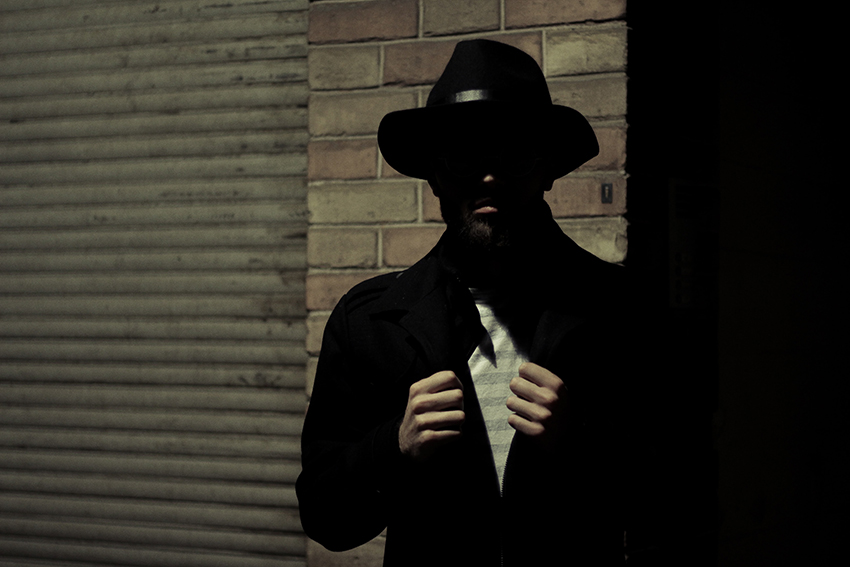
I’ll tell you why everything looks different in my eyes
No need to lie, I know everything cause I got spies.
Dramarama, I’ve Got Spies
In today’s technologically advanced world, most smartphones, tablets, and computers come with the ease of access—with the touch of a button a device can allow you to communicate with friends, surf the web, or record conversations. But is it legal to record conversations?
New Jersey is a “one-party consent” state. Under the New Jersey Wiretapping and Electronic Surveillance Act, only one party needs to consent to a recorded conversation. Without the consent of at least one person involved in the recording (even if it is the person recording) the recording is unlawful and distribution of it illegal. Someone who violates the Wiretapping Act may be found guilty of a third-degree felony and sued for damages. In addition, the Wiretapping Act does not apply to videos or photos.
The one-party consent recording rule may be useful in the context of office meetings, water cooler conversations, or interactions with public servants. The Wiretapping Act even extends into the home. Under the one-party consent rule, spouses can record one another. However, the spouse recording must be actively engaging with the other in a conversation. It is illegal to leave behind a recording device or hidden camera in the marital home to use later. Spouses or partners may even record conversations they are having with one another over the phone, while the two are physically in different locations.
Spouses or partners who are cohabitating may have numerous reasons they want to record a conversation with one another. In the situation of domestic violence or child custody, recording a conversation with an abusive partner may later serve as key evidence in trial proceedings. For married couples, a recording may be pertinent if the two are going through divorce proceedings. However, it is important that many divorce and family attorneys caution recording your spouse or partner for a couple of reasons. First, if found out, there could be even more tensions in the home that elongate any legal processes taking place. Second, if the recording was obtained improperly, the recording spouse may be charged with a crime and lawsuit for damages.
The important question to pose before pressing record is what is the intent behind recording a conversation with your spouse or partner? Many courts have found that when the intent of the recording is for the person’s protection, the recording may be held up in court. Whereas if you are trying to record your partner or spouse with the purpose of blackmailing them later, a court may either find the recording illegal or rule it out of evidence in a proceeding.
When undergoing domestic violence, child custody, or divorce proceedings, emotions run high and each partner wants to build the absolute best case against the other. Recording an abusive partner yelling at you or your child may strengthen your case against them. If you find yourself recording for purposes of security and you are part of the dispute, you can legally hit record. But if you discover your partner is having an affair and choose to record a conversation they are having with a new love interest—that recording will not be legal as you were not a active party to the conversation. “Before making a recording, it’s best to at least have a conversation with a lawyer,” according to Mike Farhi, who handles both domestic violence and privacy cases for our firm.
It is important to consult an attorney of your situation to see if a recording would be the best way to proceed. With experienced legal counsel, you may be able to avoid playing spy with your spouse. If you or someone you know is experiencing domestic violence or is contemplating getting a divorce, it may be important to ask about recording your partner. Please consider our services and contact us to schedule a free initial consultation. Our attorneys are ready and willing to compassionately assist those during these difficult times.
Aleksandra Syniec, who wrote this article, is a second-year law student at Seton Hall University School of Law. She is also knowledgeable in landlord-tenant law and the information technology.

